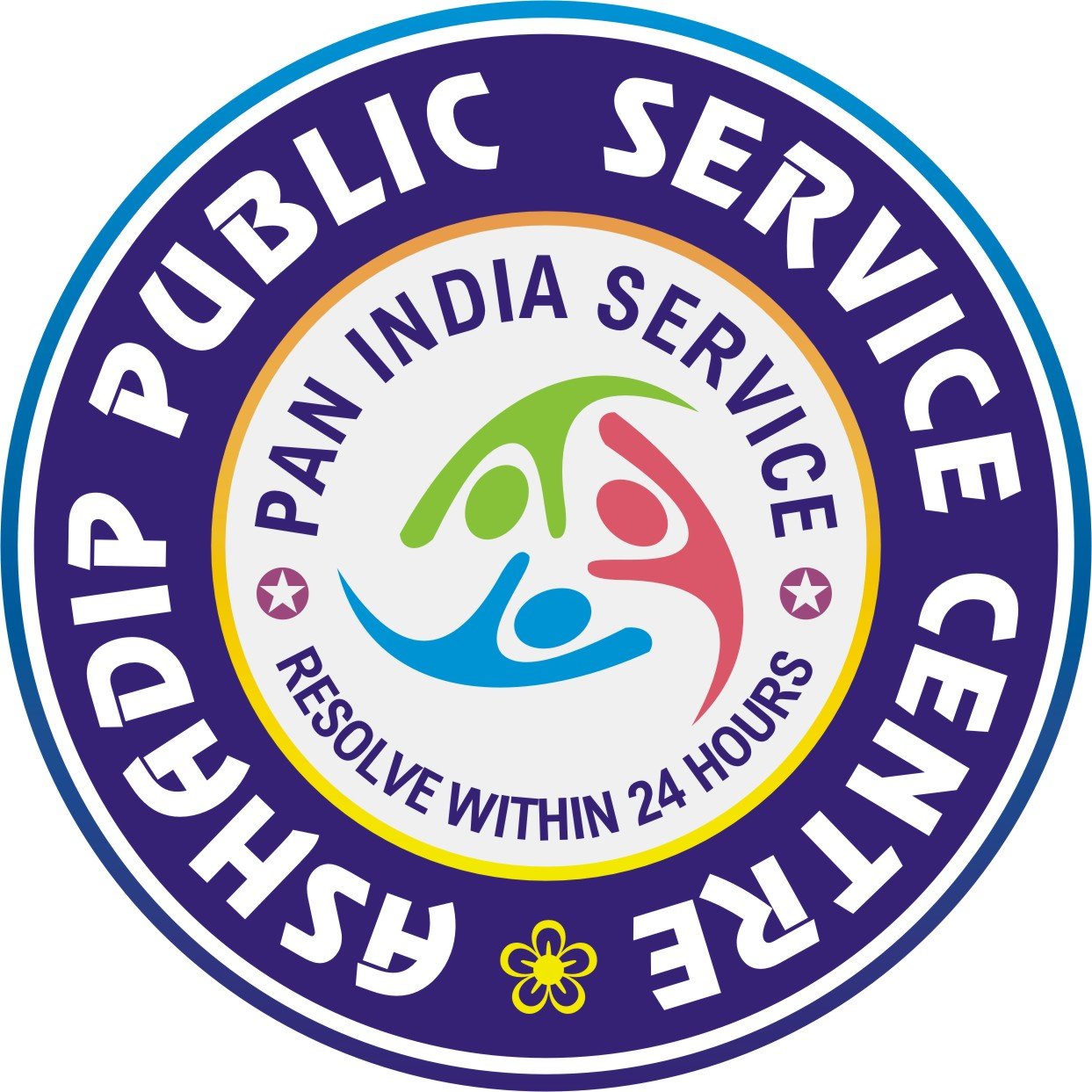
ISO 22000
Unlike some of the other Food Safety Management Systems Certification programs, the ISO 22000 does not have specific requirements for prerequisite programs (PRPs), but requires that the organization identifies and implements the appropriate programs. This makes it more flexible, and food organizations of any type can implement and be certified to ISO 22000. Food processors and manufacturers can use the ISO Technical specification ISO/TS 22002-1 to develop their PRP programs. It outlines the requirements for PRP programs that are applicable to these organizations. The requirements outlined are widely accepted and are equivalent to the requirements in the PAS 220, the publicly available specification used along with ISO 22000 for the FSSC 22000 Certification scheme. ISO 22000 is not a Global Food Safety Initiative (GFSI) benchmarked standard. This means that if your customer base or market is looking for a GFSI Recognized standard you should look at FSSC 22000, which is the most similar to ISO 22000 or one of the other GFSI recognized certification schemes.
ISO 22000 requires that you build a Food Safety Management System. This means that you will have a documented system in place and fully implemented throughout your facility that includes: • Effective Prerequisite Programs in place to ensure a clean sanitary environment • A Hazard Analysis and Critical Control Plan developed to identify, prevent and eliminate food safety hazards • Established documented food safety management system processes to manage food safety throughout your organization - from management and business planning aspects to day to day communication and operations affecting food safety.
• Havingan overall Food Safety Policy for your organization, developed by top management. • Setting objectives that will drive your company’s efforts to comply with this policy. • Planning and designing a management system and documenting the system. • Maintaining records of the performance of the system. • Establishing a group of qualified individuals to make up a Food Safety Team. • Defining communication procedures to ensure effective communication with important contacts outside the company (regulatory, customers, suppliers and others) and for effective internal communication. • Having an emergency plan. • Holding management review meetings to evaluate the performance of the FSMS. • Providing adequate resources for the effective operation of the FSMS including appropriately trained and qualified personnel, sufficient infrastructure and appropriate work environment to ensure food safety. • Implementing Prerequisite Programs. • Following HACCP principles. • Establishing a traceability system for identification of product. • Establishing a corrective action system and control of nonconforming product. • Maintaining a documented procedure for handling withdrawal of product. • Controlling monitoring and measuring devices. • Establishing and maintaining and internal audit program. • Continually updating and improving the FSMS.
|









At-Peerbaba Tower,1st Floor, OT Road, P.O-Inda,P.S-Kharagpur Town, Dist-Paschim Medinipur, State-West Bengal,Pin- 721305
+91 8918726833
© 2019 Ashadip PSC . All Rights Reserved.